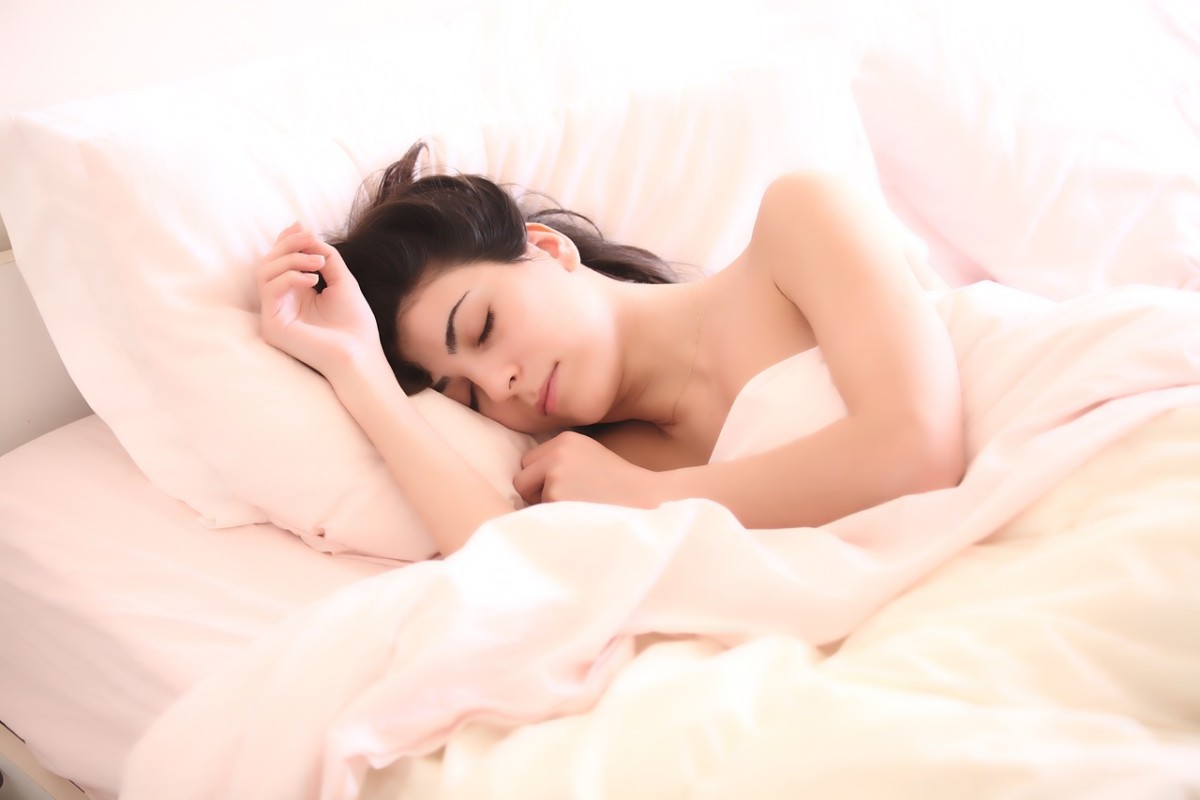
The Olympians always inspire us to be one of them. We regard these athletes are heroes and admire their dedication, determination, and discipline. One attribute we can take from these athletes is the amount of emphasis they put on resting their bodies. That is, by sleeping and allowing their bodies and minds to take a break and repair.
However, 35 percent of American adults don’t get enough sleep. Those people are averaging less than seven hours of sleep. The recommended amount is 7-9 hours, but eight can seem like a real luxury to the typical Washingtonian. We all know the benefits of more sleep outweigh the productivity that is (maybe) achieved when you don’t sleep: better metabolism, better heart health, normal blood pressure, and preventing diabetes and stroke. But it’s a habit that can be hard to break. So how do you?
If the problem is that you don’t go to bed early, start doing that. Set an alarm on your phone – the iPhone comes with a great “sleep analysis” option that will play a lullaby reminder when it’s time to go to bed. Create a bedtime routine that helps calm and prepare you for bed:
- Pick a bedtime and stick to it. Plan your evening around that deadline.
- Write down all reminders for the next day’s to-do list. This keeps your mind from racing while you’re trying to get to sleep. Prepare your morning ahead of time so you are less stressed overnight: set out the next day’s clothes, pack lunches, prepare bags for work and school by the door, check the weather forecast.
- Stop eating right after dinner/ dessert. A digesting tummy during the night can interrupt sleep, cause indigestion, and slows metabolism as well. The body should be fasting all night.
- Exercise is best accomplished about six hours before your intended bedtime. Too close to bedtime will make it harder for your body to reach a resting phase.
- Take a warm shower to feel clean and relaxed. It also helps to remove pollen or other allergens from your hair and body that might interfere with sleep.
- Dim the lights in your room so only a bedside lamp is on, and then make the room as dark as possible for sleep.
- Avoid looking at your phone, computer, or tablet in bed. The blue light from the screen will interfere with melatonin levels, which are essential for good sleep. The same thing occurs from watching television too close to bedtime or having one on in the bedroom. Leave your phone charging in the kitchen and turn off the TV. If you need it for a morning alarm, try not to check your phone before bed. Read a book or magazine instead.
- If you keep your phone by your bed, set it across the room. You can download an app that plays soothing sounds – ocean, rain, windchimes, white noise, etc. as you fall asleep.
- Turn the thermostat down so it’s slightly chilly in the room, but use heavier covers to keep you warm. Science shows that the body sleeps deepest in temperatures between 60-67 degrees. Why? Because your body already naturally cooling down at night in preparation for sleep and fatigue. If it’s too warm, your body will be fighting to cool down, leaving you tossing and turning all night.
- Don’t drink caffeine too late in the afternoon. Alcohol at night can also interrupt sleep.
- Try having some chamomile tea if you’re having trouble sleeping, but remember it can make you get up in the middle of the night for the bathroom. Have tea about an hour before bed.
- If you find you’re laying in bed with your eyes wide open, try this trick. Lie still, but relax. Mentally scan your entire body from head to fingertips to toes, checking that each part is relaxed, not clenched in any way.
Don’t expect changes to occur right away – it will take time for your body to adjust to new routines and schedules, like anything else. However, once you make your evening routine into a regular habit, you’ll start to fall asleep quickly and stay asleep all night.
